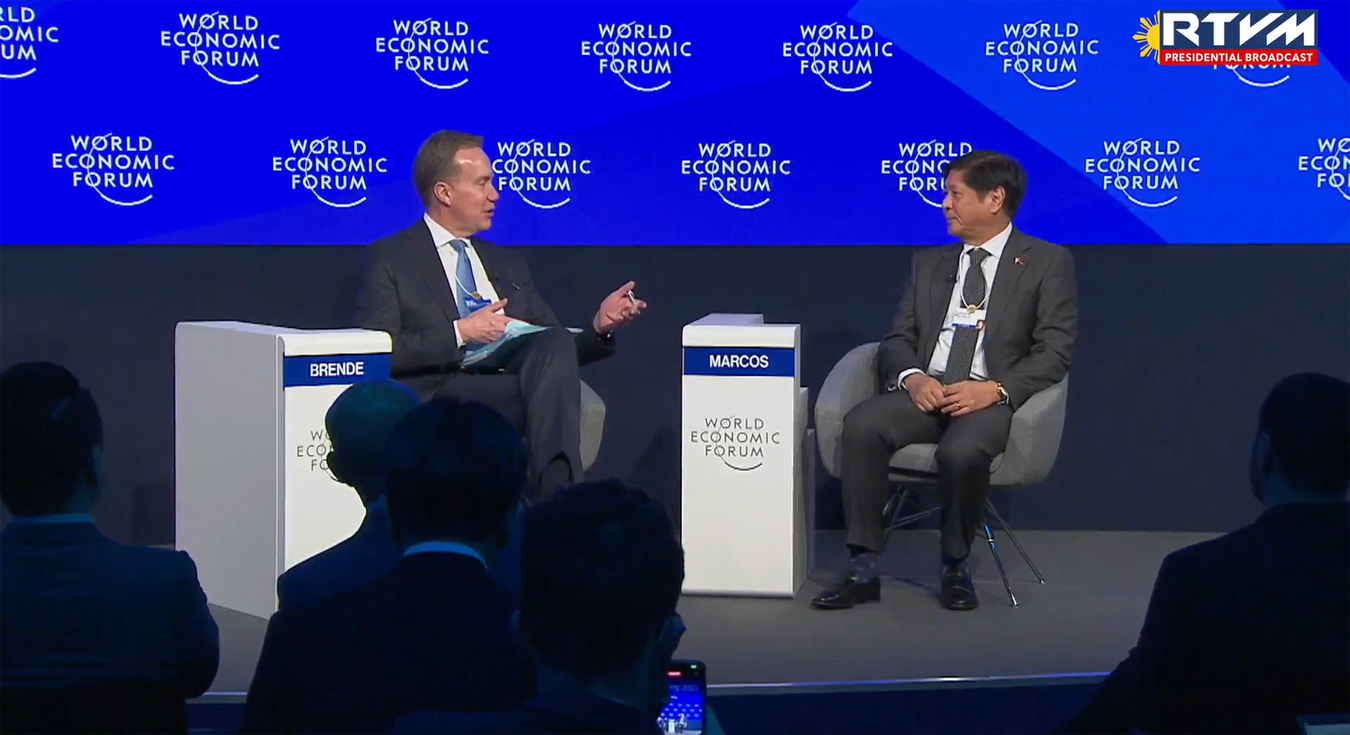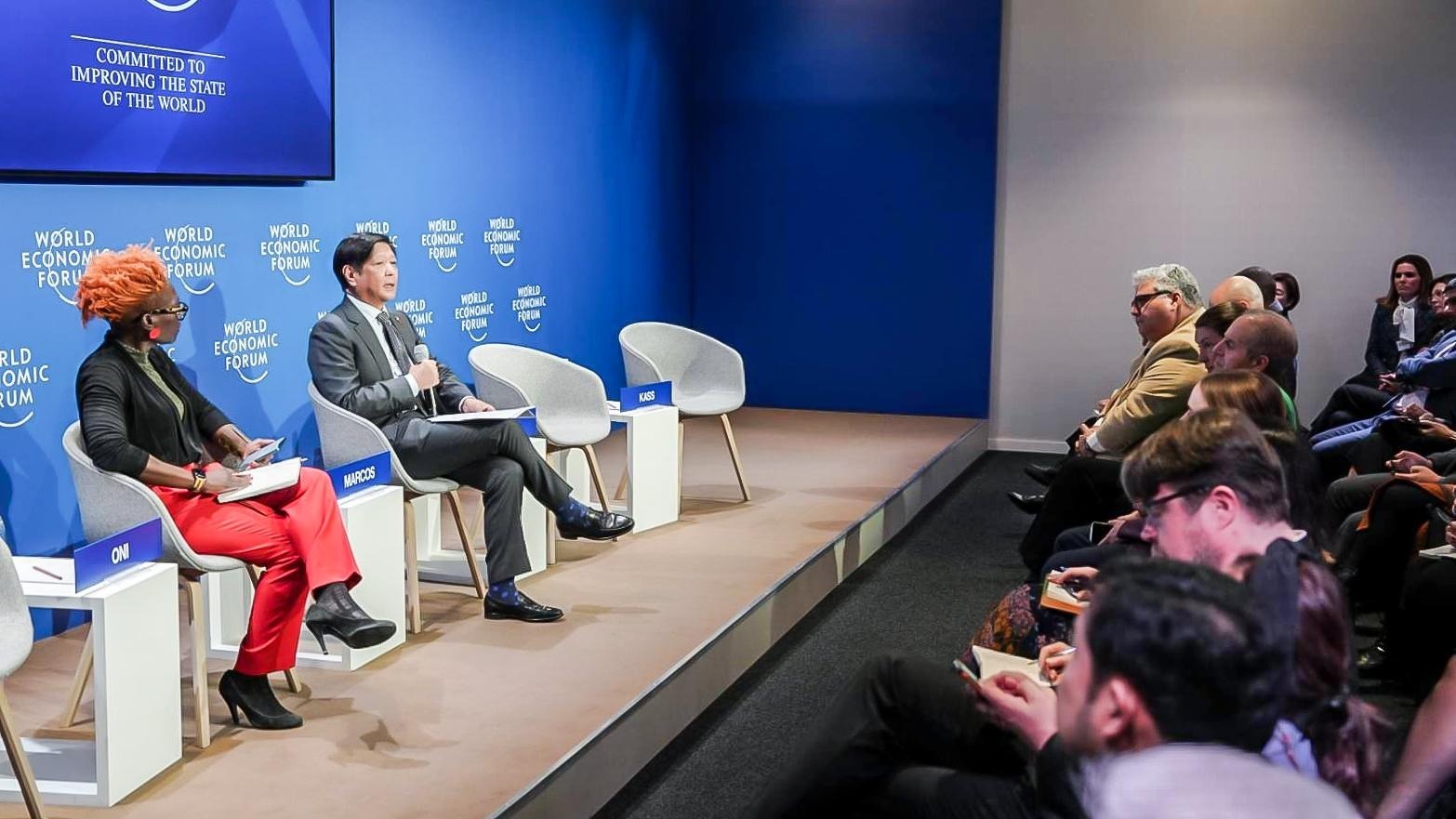MANILA -- Filipinos will feel the effects of President Ferdinand R. Marcos Jr.’s aggressive efforts to bring in more investments to the Philippines beyond his term, the government’s economic team said on Wednesday.
During a press briefing in Davos, Switzerland, the economic team was asked how the World Economic Forum (WEF) and other summits being attended by the President and his team benefit the Filipino people.
“We need to be practical. I mean iyong mga investment decisions lalo na kung mga pagtayo ng factory halimbawa – these are decisions that are not realized overnight ‘no, may mga stages of implementation iyan,” socioeconomic planning Secretary Arsenio Balisacan said.
“But nonetheless, kahit man iyong— if they decide to come in and those new factories will arise, new roads, new highways buildup after two years, three years, four years… okay na sa atin iyon," Balisacan pointed out.
Balisacan, who heads the National Economic and Development Authority (NEDA), said what the administration has offered and has been creating is a long-term path for the Philippine economy, dubbed the “Ambisyon Natin 2040.”
This is the general direction the country is headed to— to become a prosperous country not just in this administration but in a couple of administrations after, the NEDA chief said.
“So iyong sustainability ang kinakailangan— iyon din ang sinasabi ng mga investors kanina actually, gusto nilang makita iyong sustainability, predictability, transparency para [sa] long-term game plan,” the socioeconomic planning chief pointed out.
“Kasi kapag mag-invest sila ng highway, 50 years iyon; they wanted to ensure that our economy, you know, can stand a long-term growth for 50 years or more," Balisacan said.
President Marcos’ WEF participation already resulted in investment pledges from Morgan Stanley and logistics firm DB World, which committed to expanding their operations in the Philippines.
Balisacan also tackled during the briefing the country’s very low agricultural productivity, which he said, could be addressed by adopting new technologies and inviting foreign investors to come in.
As long as productivity remains low, the cost of producing food will be high, Balisacan said, explaining that the Philippine Development Plan (PDP) will address the root causes of those problems.
Investments, supported by good policies, can get productivity growing, which subsequently entails an increase in wages for everybody’s welfare, he said.
“But those technologies, innovations are not ‘manna’ from heaven, we have to work for this and we have to get, again, the investors – not just domestic but more importantly, foreign investors to come in para ma-improve iyong productivity,” Balisacan said. (PND)




